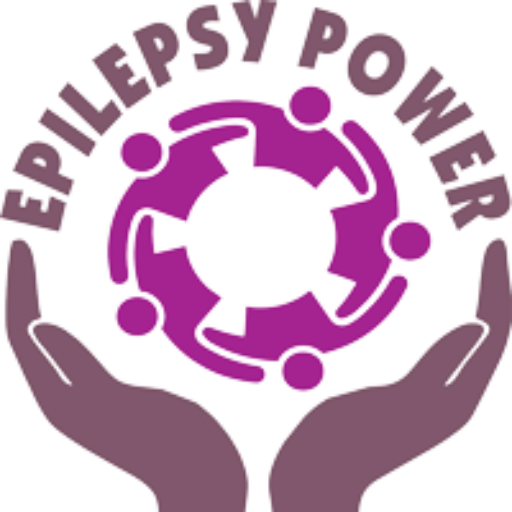- Introduction
- Section 1: Understanding Social Communication
- Section 2: Recognizing Barriers to Effective Communication
- Section 3: Active Listening Skills
- Section 4: Non-Verbal Communication
- Section 5: Emotional Intelligence
- Section 6: Overcoming Communication Anxiety
- Section 7: Effective Conflict Resolution
- Section 8: Building Social Skills in Specific Contexts
- Conclusion
- Quiz
Content:
In this final section, you will explore the application of social communication skills in specific contexts, such as professional settings or personal relationships. You will learn strategies for building rapport, navigating social dynamics, and adapting communication styles to different situations.
Tasks:
Develop a communication plan for a specific social context, outlining strategies for effective communication and relationship building.
Role-play various scenarios in different social contexts to practice adapting your communication skills.
Developing social skills in specific contexts is essential for navigating various social situations and forming meaningful connections. Whether it’s in professional settings, social gatherings or events, or romantic relationships and friendships, there are strategies and tips that can help improve social communication and interaction.
Professional settings:
In professional settings, effective social communication is crucial for building relationships, advancing careers, and achieving professional success. Some strategies for improving social skills in this context include:
- Active participation in meetings: Engage actively in meetings by sharing ideas, asking relevant questions, and offering constructive input. Active participation demonstrates your interest and professionalism, and it helps you establish credibility and build rapport with colleagues.
- Effective networking: Take advantage of networking opportunities to expand your professional connections. Approach networking with a genuine interest in getting to know others and building mutually beneficial relationships. Practice active listening, ask insightful questions, and follow up with contacts to maintain connections over time.
- Professional etiquette: Familiarize yourself with professional etiquette, including appropriate behavior, dress code, and communication norms. Demonstrate respect and professionalism in your interactions with colleagues and superiors. Developing good manners and being mindful of cultural differences can contribute to positive social interactions in professional settings.
Social gatherings or events:
Social gatherings and events provide opportunities to meet new people, establish connections, and enjoy social interactions. To enhance social skills in such contexts, consider the following tips:
- Initiating conversations: Take the initiative to start conversations with others. Approach individuals with a friendly demeanor, use open-ended questions to encourage dialogue, and show genuine interest in their experiences and perspectives. Initiating conversations can help you break the ice and create a comfortable atmosphere.
- Active engagement: Be present and engaged in social interactions. Show interest in others’ stories, actively listen, and provide appropriate feedback. Avoid distractions such as excessive phone use or preoccupation with other thoughts. Active engagement demonstrates your attentiveness and fosters deeper connections.
- Being a good listener: Cultivate good listening skills by maintaining eye contact, giving the speaker your full attention, and avoiding interruptions. Practice empathy and refrain from making judgments or assumptions. Being a good listener allows others to feel heard and valued, which contributes to positive social dynamics.
Romantic relationships or friendships:
Effective communication and understanding are vital for nurturing healthy romantic relationships and friendships. Consider the following strategies:
- Effective communication: Develop effective communication skills by expressing your thoughts, feelings, and needs clearly and assertively. Practice active listening to understand your partner or friend’s perspective. Be open to feedback and be willing to address conflicts or misunderstandings in a respectful and constructive manner.
- Active appreciation: Show appreciation for your partner or friend regularly. Acknowledge and express gratitude for their support, kindness, and efforts. Small gestures of appreciation, such as a heartfelt compliment or a thoughtful gesture, can strengthen bonds and foster positive interactions.
- Understanding boundaries: Respect personal boundaries and communicate your own boundaries clearly. Recognize that each individual has their own limits and preferences. Openly discussing boundaries can help establish trust, promote healthy communication, and avoid misunderstandings.
Remember that building social skills in specific contexts takes practice and patience. Each context may have its own unique challenges and dynamics, but by implementing these strategies and tips, you can enhance your social communication and interaction in professional settings, social gatherings or events, as well as romantic relationships and friendships.
